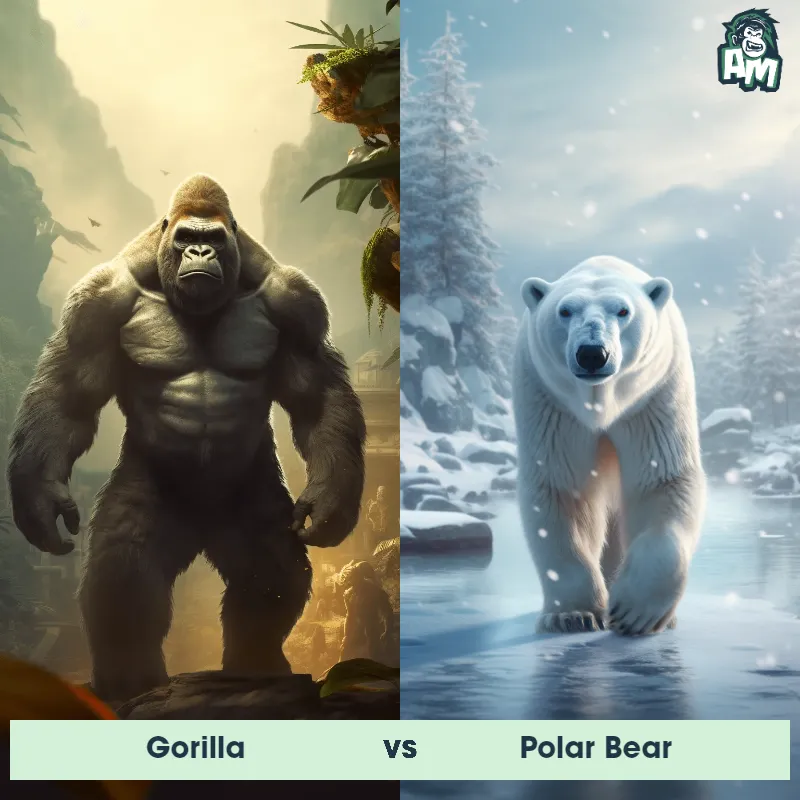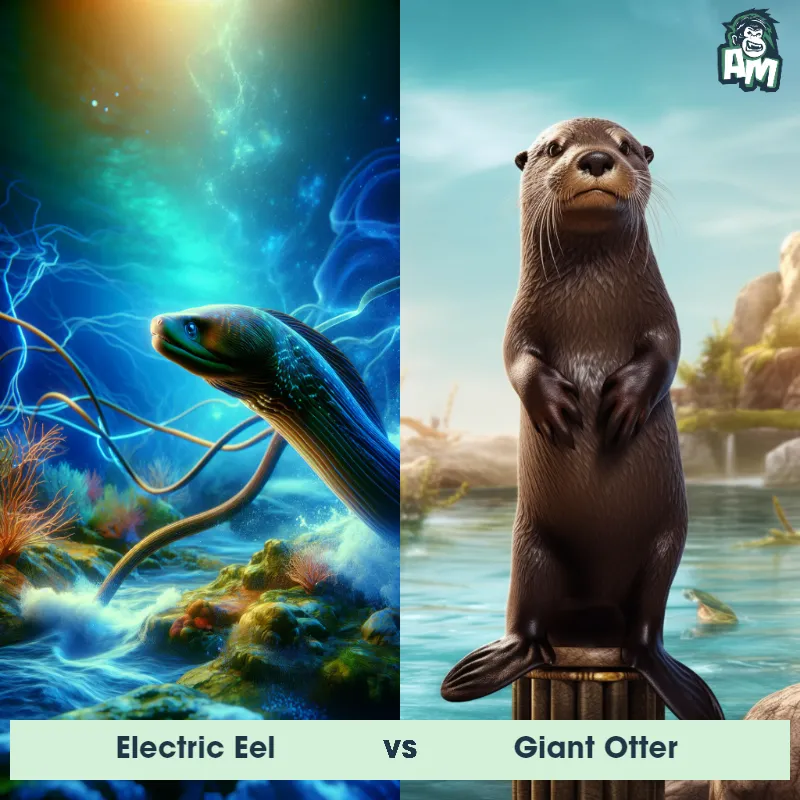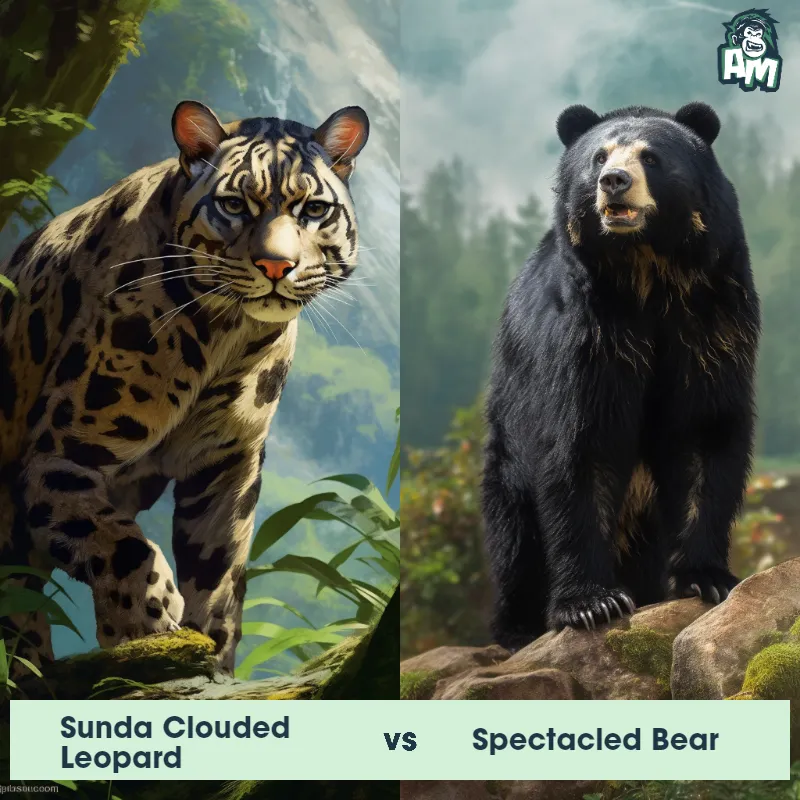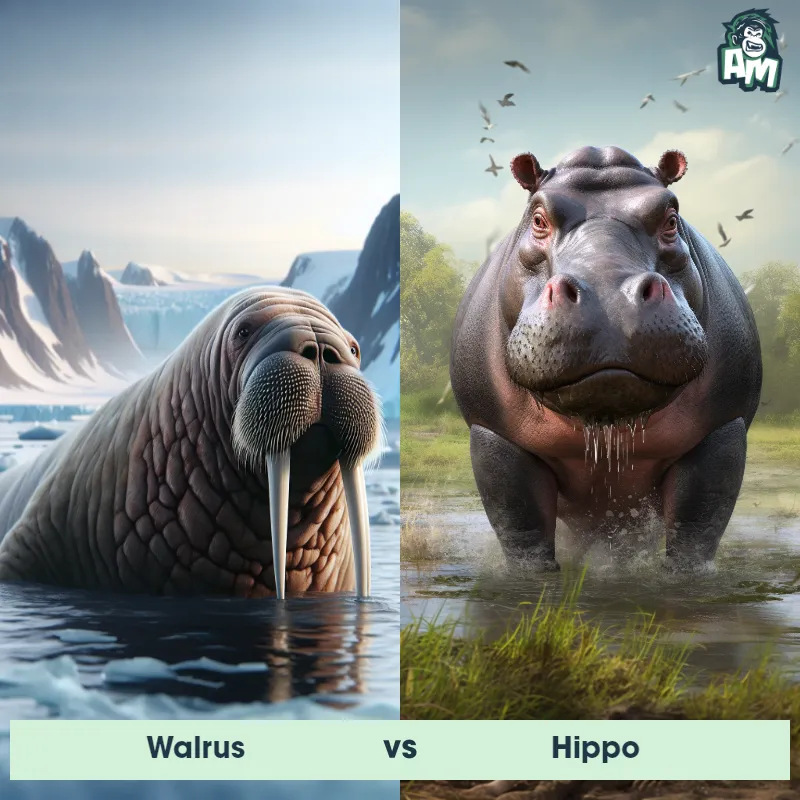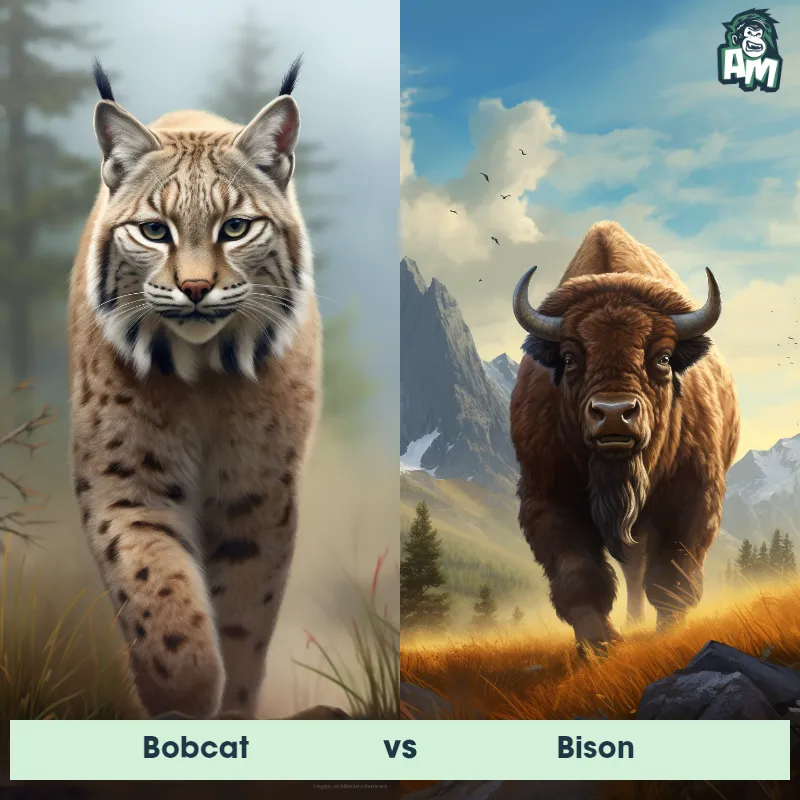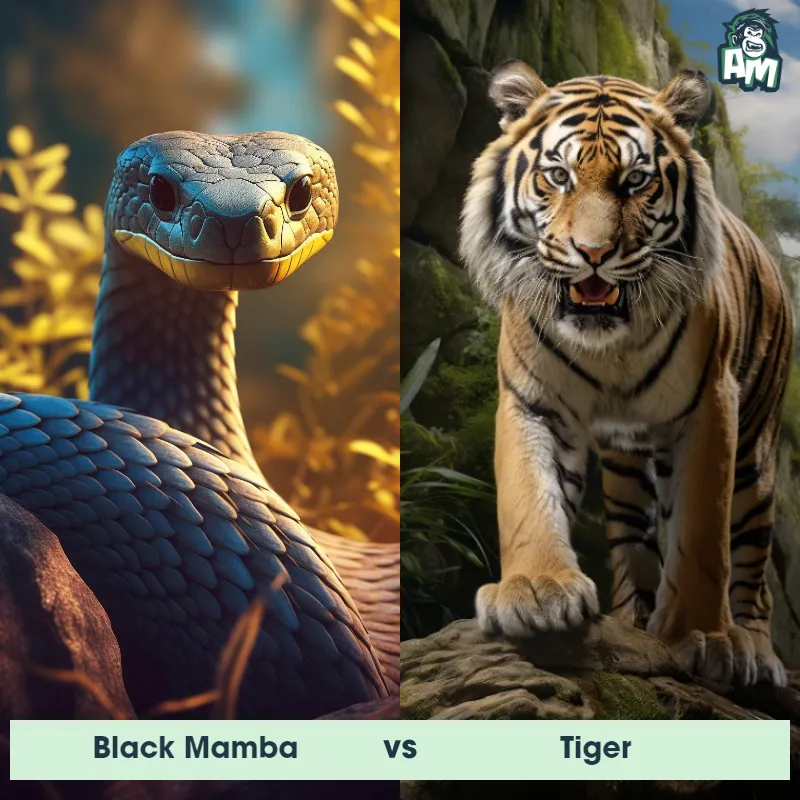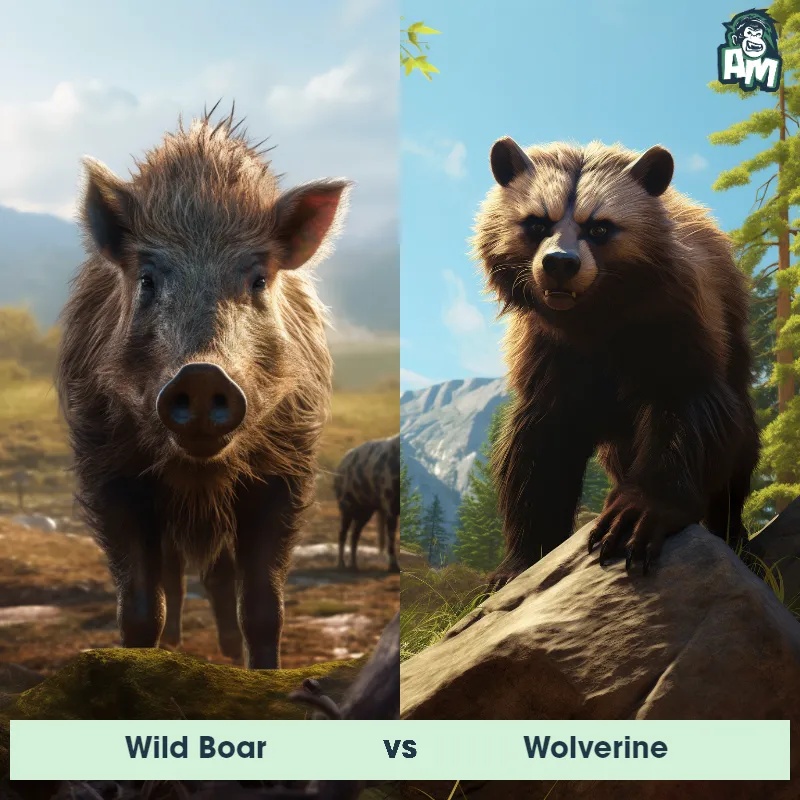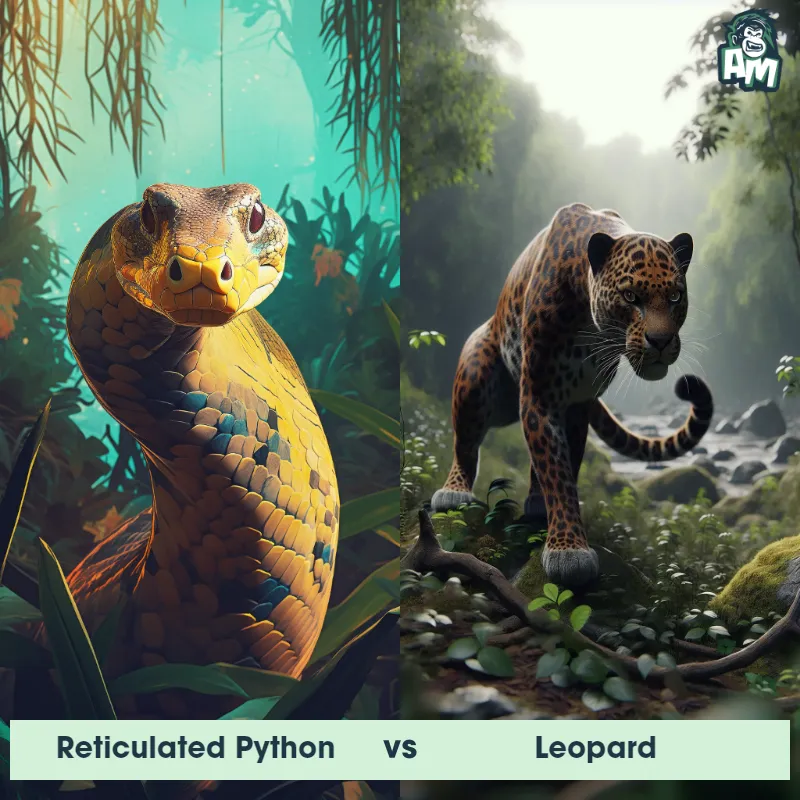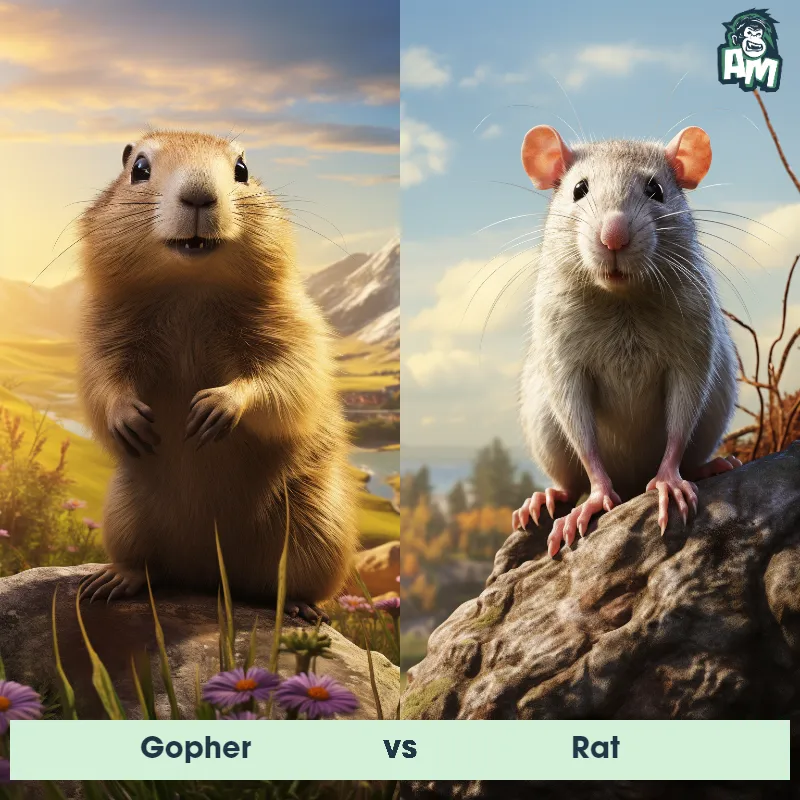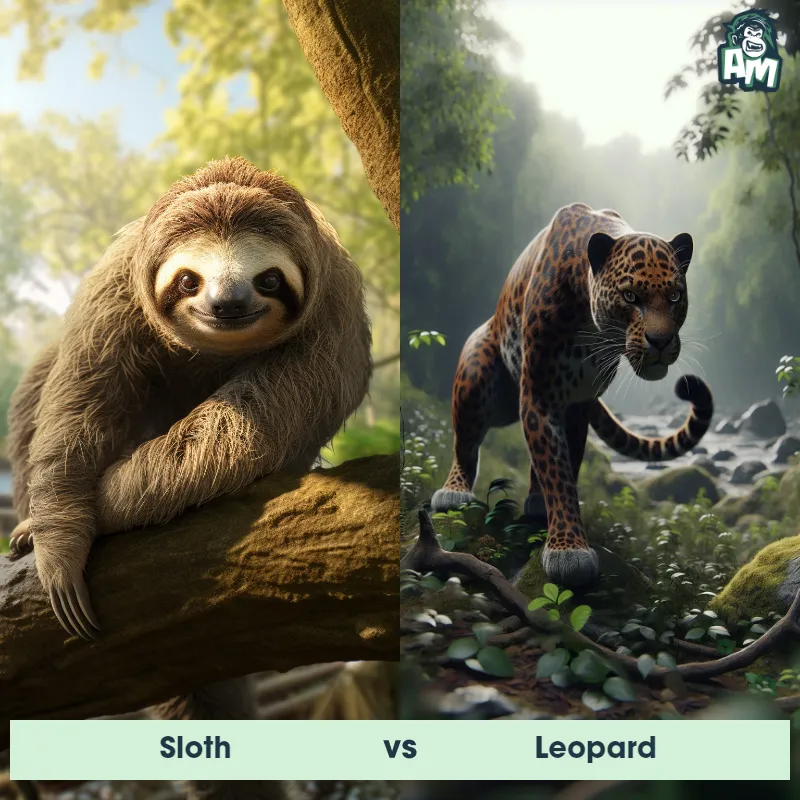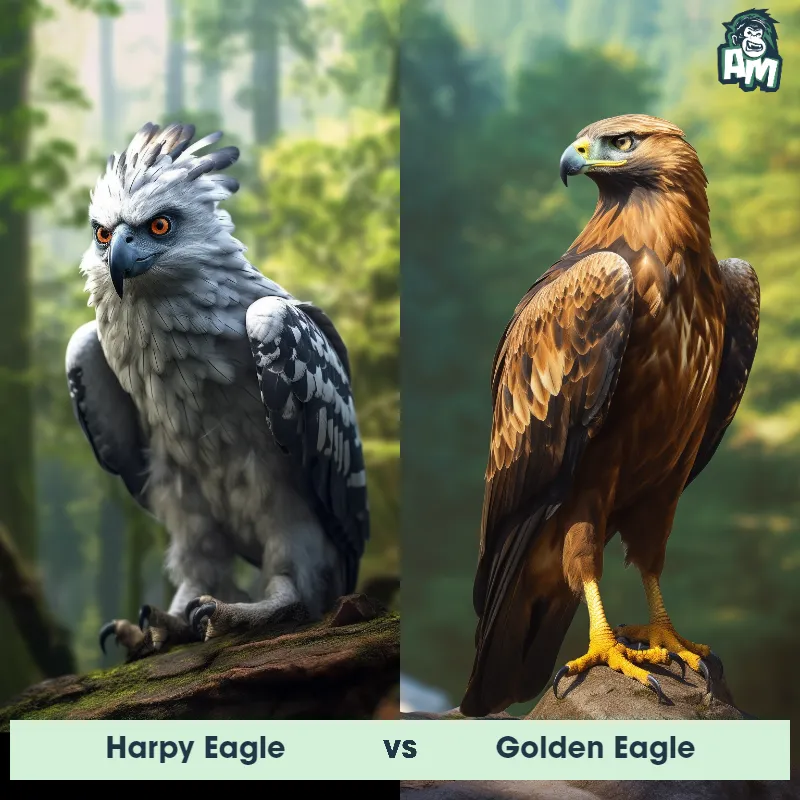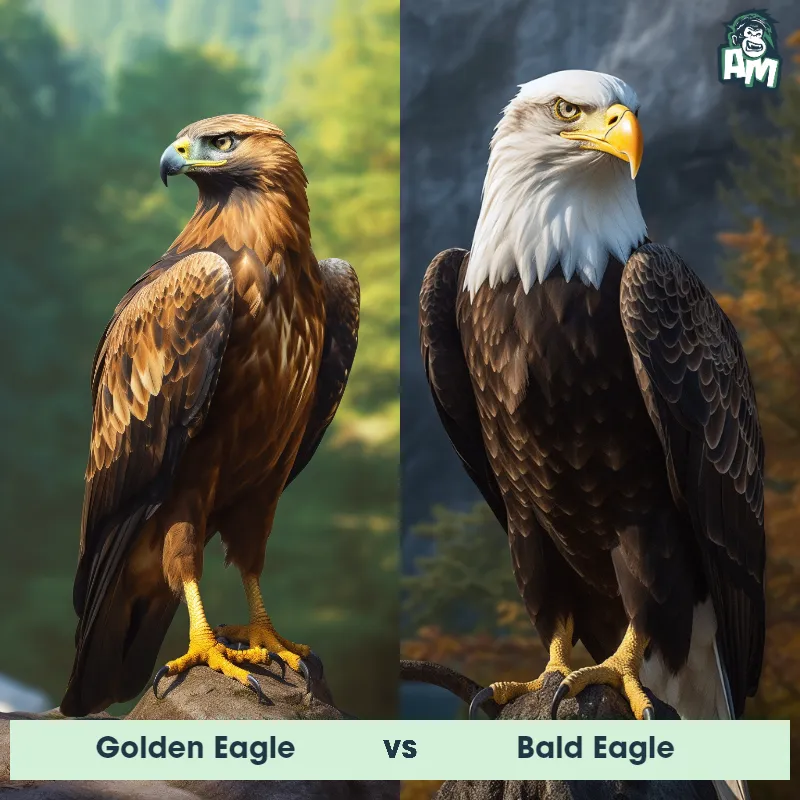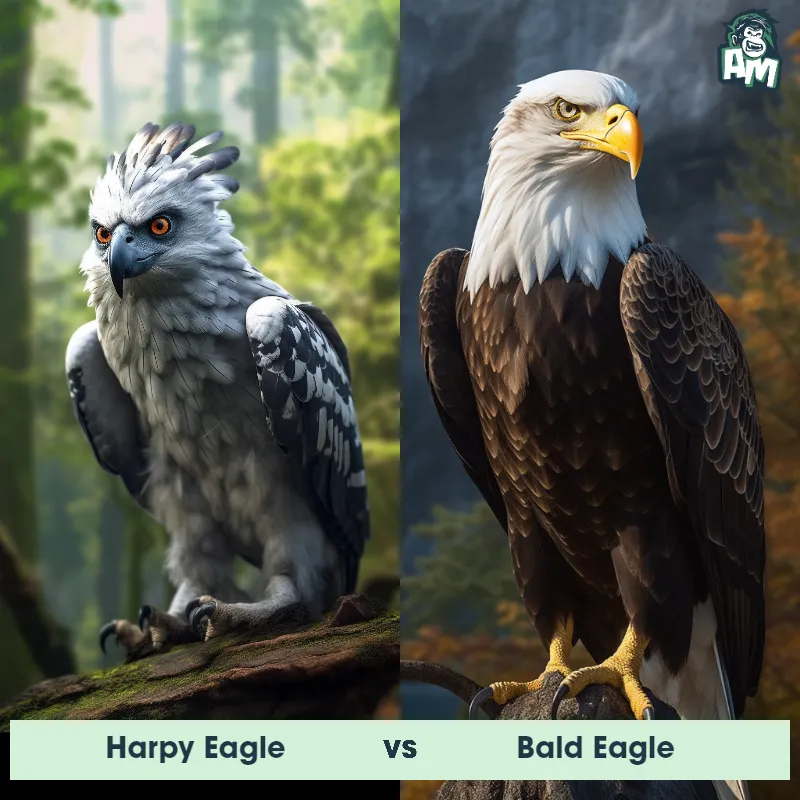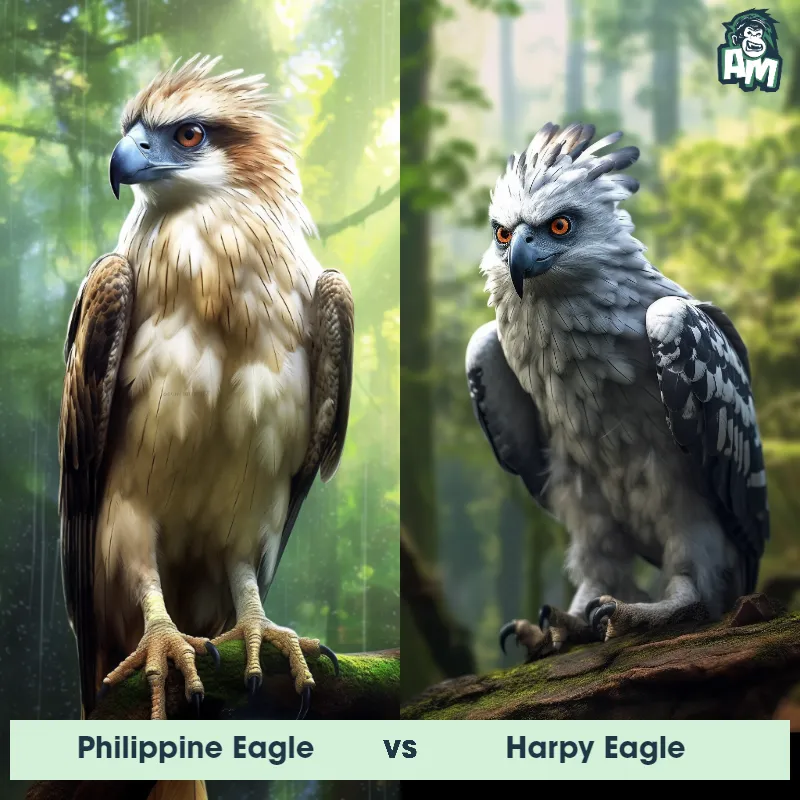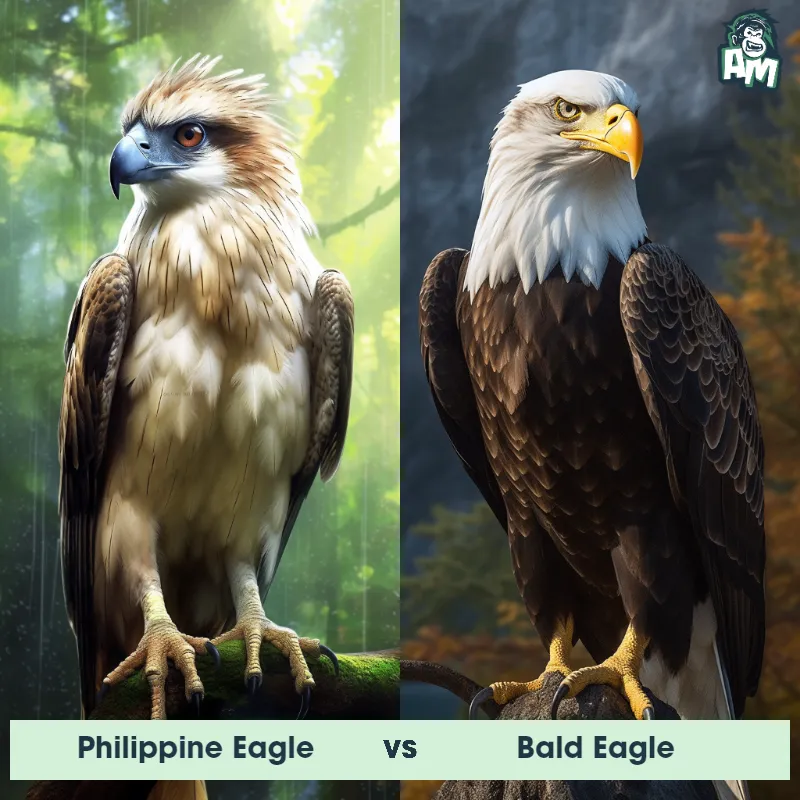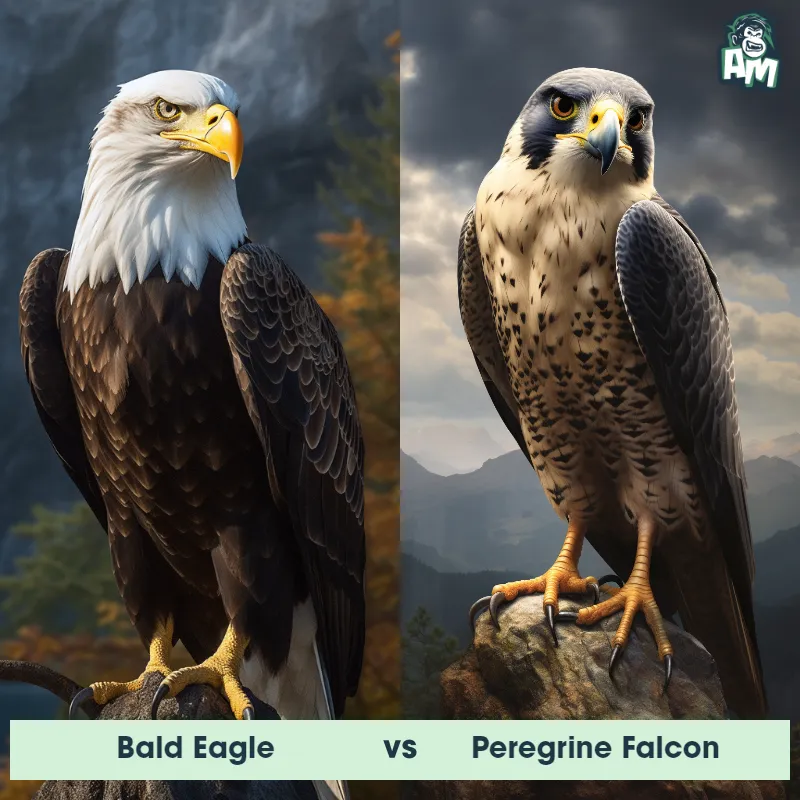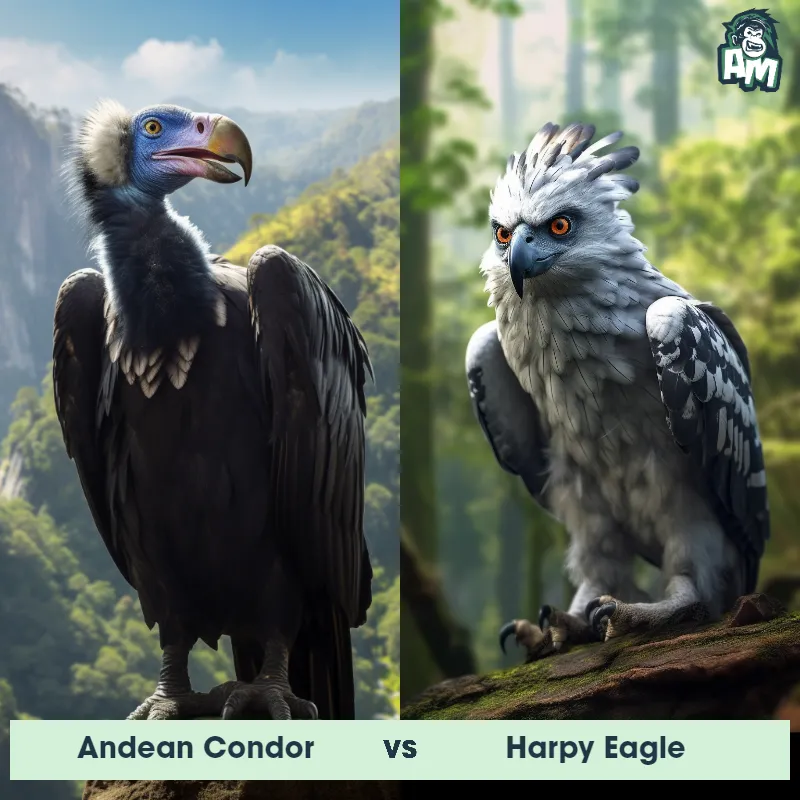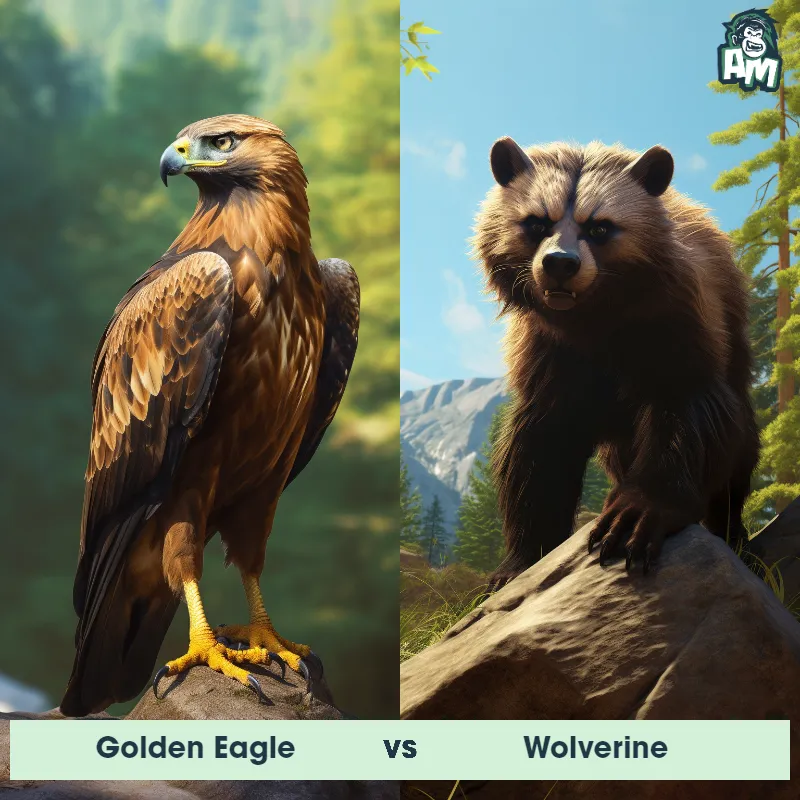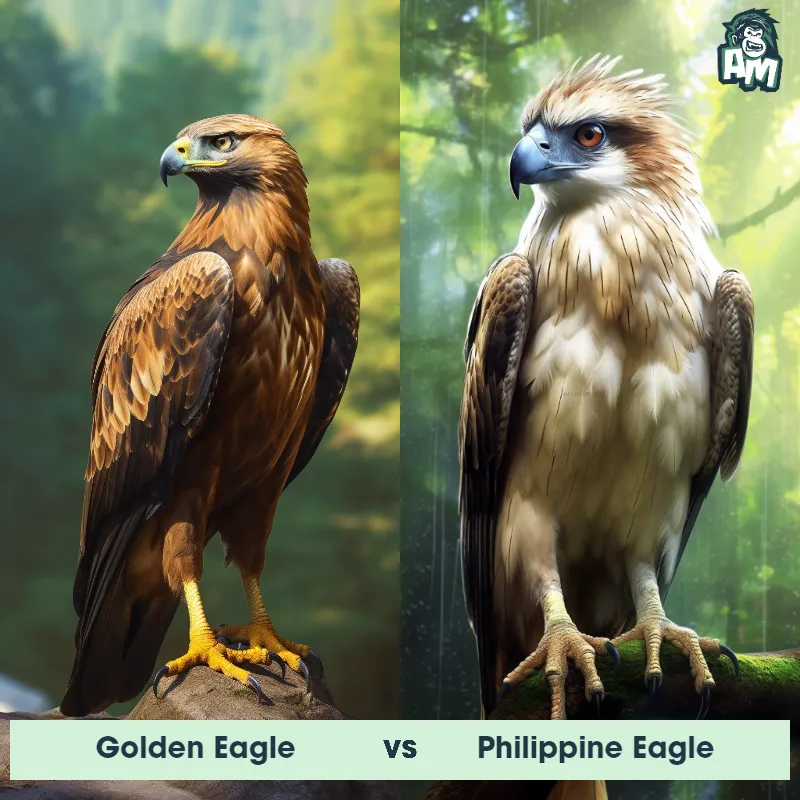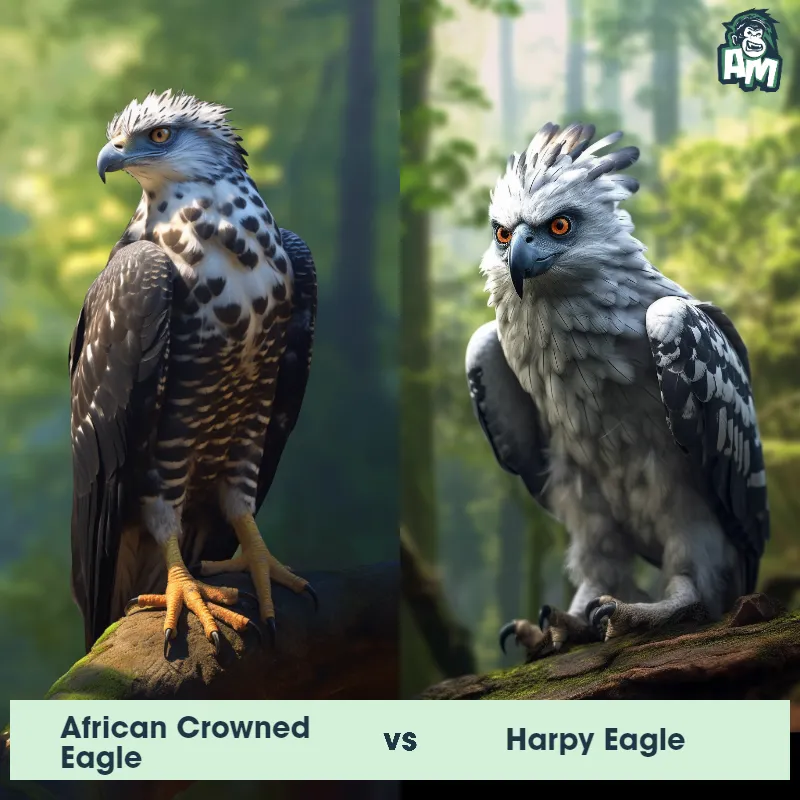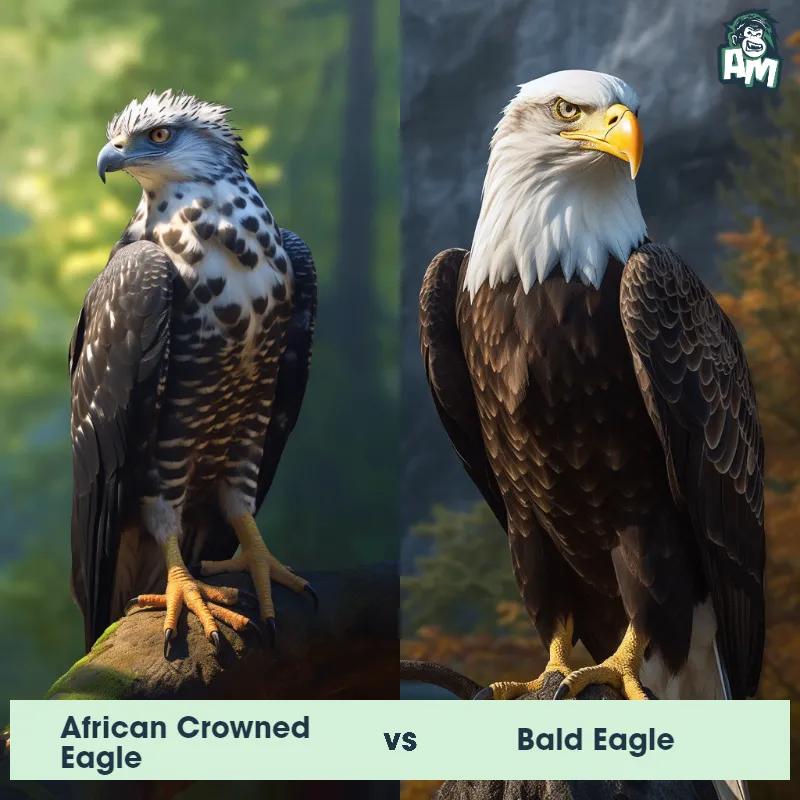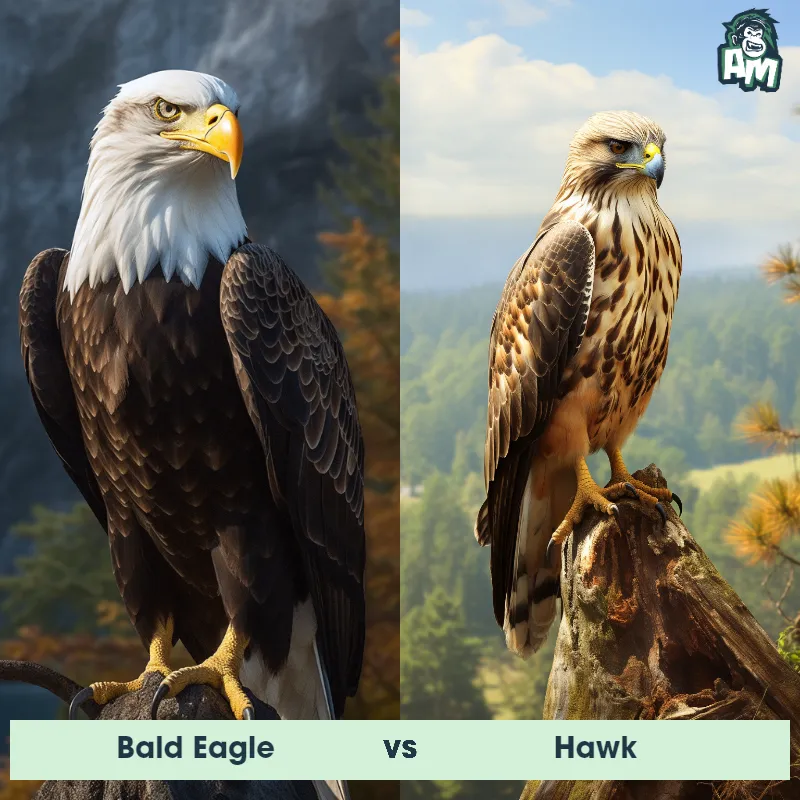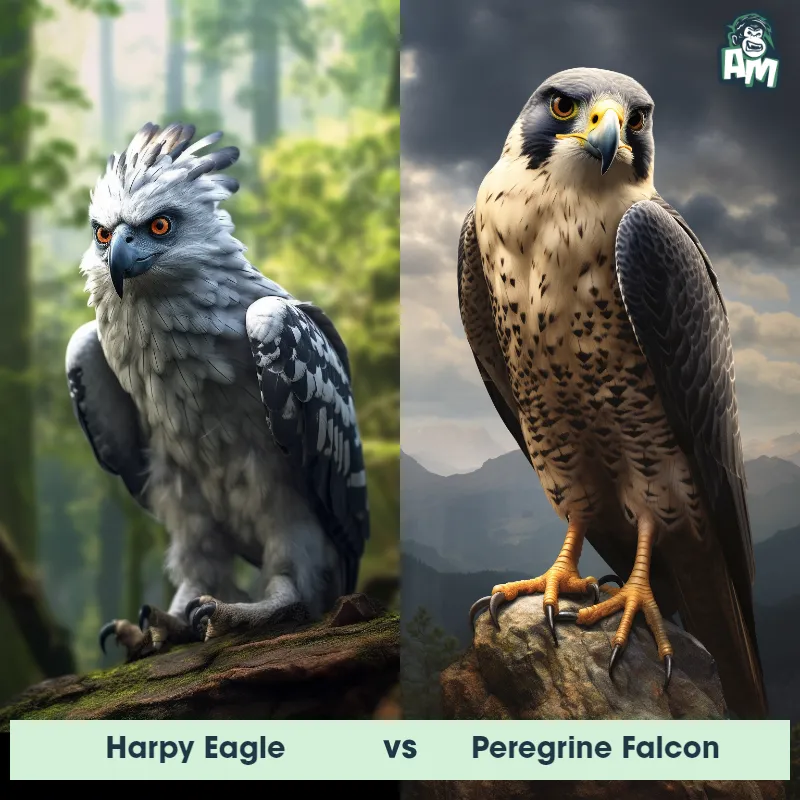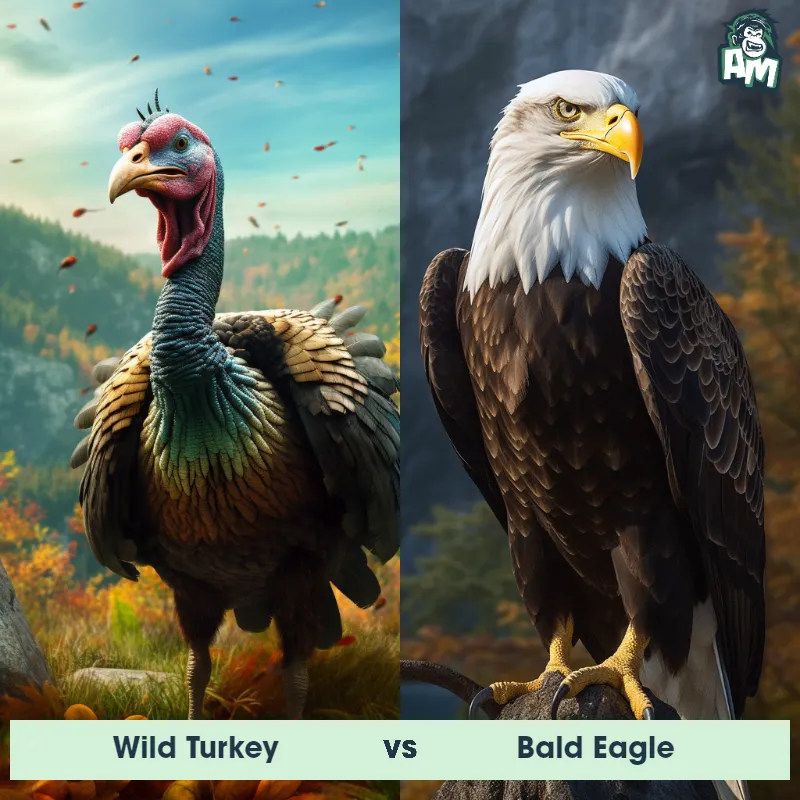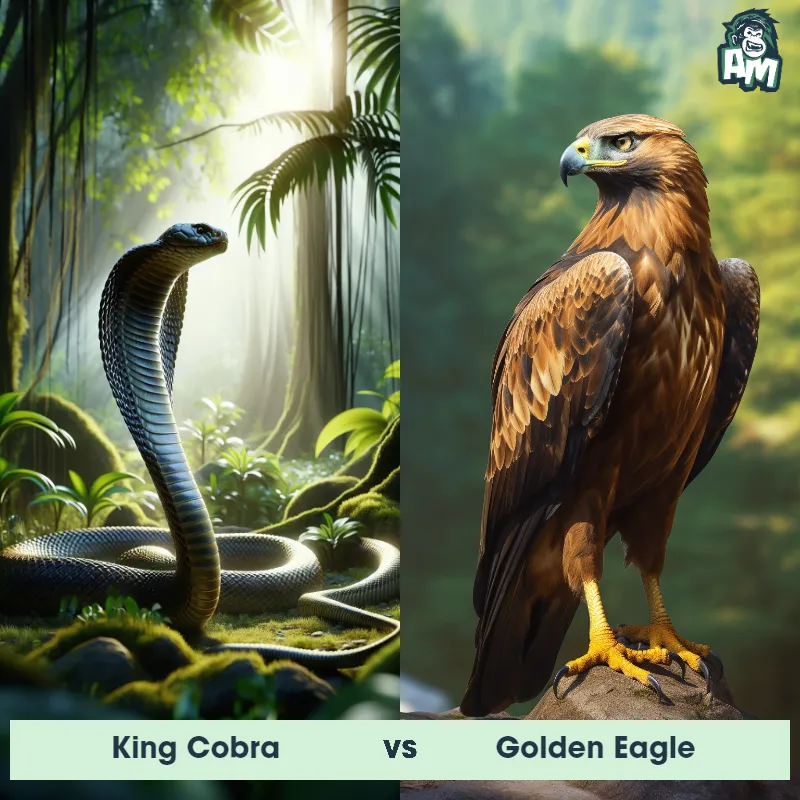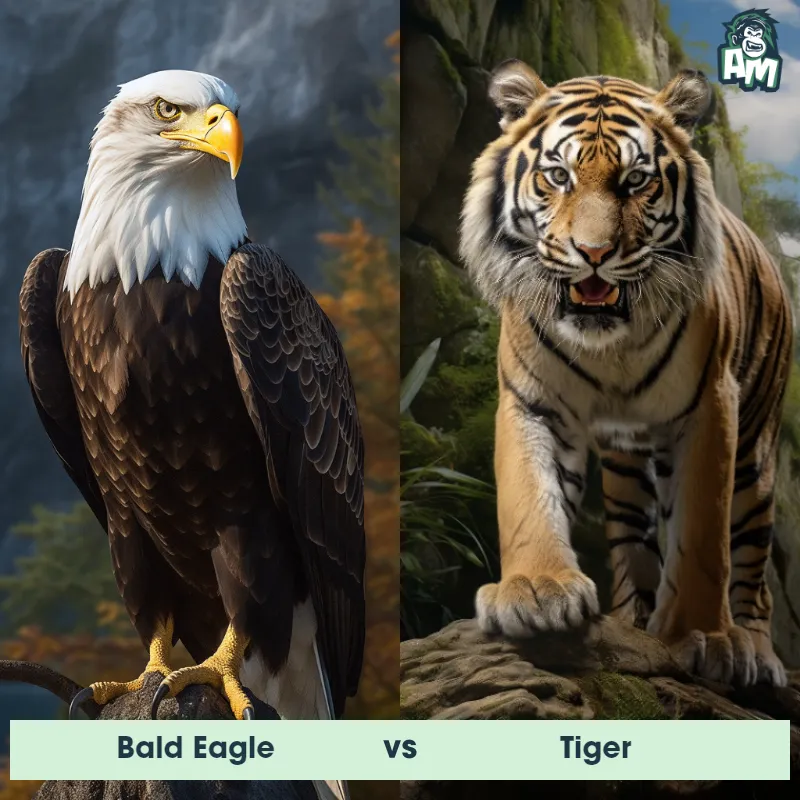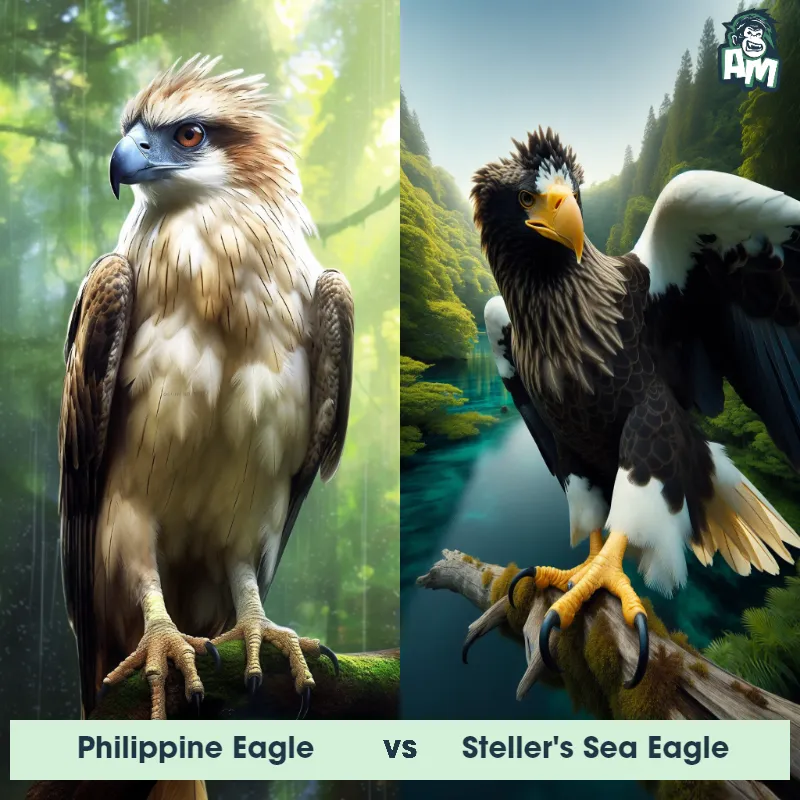Wandering Albatross vs Harpy EagleSee Who Wins

Ladies and gentlemen, welcome to this epic matchup between the Wandering Albatross and the Harpy Eagle. These two majestic birds are ready to go beak to beak in a fight for dominance.
Contender 1: Wandering Albatross
Fun Fact:
Contender 2: Harpy Eagle
The Harpy Eagle, also known as the American Harpy Eagle, is a large bird of prey found in the tropical rainforests of Central and South America. It is one of the largest and most powerful eagles in the world, with a wingspan of up to 7 feet and weighing up to 20 pounds. The Harpy Eagle has a distinctive appearance, with a gray head, black and white feathers, and a powerful hooked beak.
Fun Fact: The Harpy Eagle is named after the harpies of Greek mythology, which were half-bird, half-human creatures known for their speed and strength.
Matchup Stats
| Wandering Albatross | Harpy Eagle | |
|---|---|---|
| Size | Wingspan: 10 to 11.5 feet (3 to 3.5 meters) | Up to 3.5 feet (106.7 cm) tall |
| Weight | 9 to 11 pounds (4 to 5 kilograms) | Up to 20 pounds (9.1 kg) |
| Speed | 79mph (127km/h) | Speed: 50 mph (80 km/hr) |
| Key Strength | Strong wings and beak | Powerful hooked beak |
| Biggest Weakness | Clumsy on land, weak on solid ground | None |
Fun Fact: Despite being skilled fliers, Wandering Albatrosses are surprisingly clumsy on land, as their large wings and webbed feet make them ill-suited for walking and taking off from solid ground. They often resort to using strong winds and slopes to launch themselves into the air.
Fun Fact: The Harpy Eagle is an apex predator, meaning it is at the top of the food chain in its ecosystem and has no natural predators. Its diet consists mainly of monkeys, sloths, and other small mammals, which it catches by swooping down from the treetops at speeds of up to 50 miles per hour.
Who do you think will win?
Current Votes
Harpy Eagle
0%
0 votes
Wandering Albatross vs Harpy Eagle
See Who Wins
Our AI will simulate a 3 round match between the Wandering Albatross and the Harpy Eagle. It considers each Animal's size, strength, and natural predatory behaviors. As in nature, each match is unique, and the outcome can vary.
View More Matches
Looking For More?
Similar Matches
Scientific Stats
| Wandering Albatross | Harpy Eagle | |
|---|---|---|
| Scientific Name | Diomedea exulans | Harpia harpyja |
| Family | Diomedeidae | Accipitridae |
| Habitat | Open ocean, southern seas | Tropical rainforests |
| Geography | Nesting on subantarctic islands, foraging in southern ocean waters | Central and South America |
| Diet | Squid, fish, crustaceans | Monkeys, sloths, and other small mammals |
| Lifespan | 50 years - 60 years | 25 years - 35 years |
Key Differences between Wandering Albatross and Harpy Eagle
The Wandering Albatross is a large seabird with white plumage and a long bill, found in open ocean environments, while the Harpy Eagle is a smaller raptor with gray feathers and a hooked beak, living in tropical rainforests, showcasing different flight styles and nesting behaviors.
- Size: The Wandering Albatross is one of the largest seabirds with a wingspan that can reach up to 11 feet, while the Harpy Eagle is a powerful raptor with a wingspan that typically ranges from 6 to 7 feet.
- Beak shape: The Wandering Albatross has a long, slender yellow bill designed for catching prey in the water, whereas the Harpy Eagle has a hooked beak for tearing into its mammal and bird prey.
- Nesting behavior: Wandering Albatrosses form lifelong monogamous pairs and build large ground nests on remote islands, whereas Harpy Eagles are solitary birds that construct large nests high up in the treetops.
- Flight style: Wandering Albatrosses are known for their effortless gliding and soaring abilities, using the wind to stay aloft for long periods, while Harpy Eagles are agile flyers capable of quick and precise movements in dense forest canopies.
- Habitat: Wandering Albatrosses are found in open ocean environments, flying over vast expanses of water, while Harpy Eagles inhabit tropical rainforests in Central and South America.
- Color: The Wandering Albatross has predominantly white plumage with black wingtips, whereas the Harpy Eagle is covered in dark gray feathers with a pale underside.



